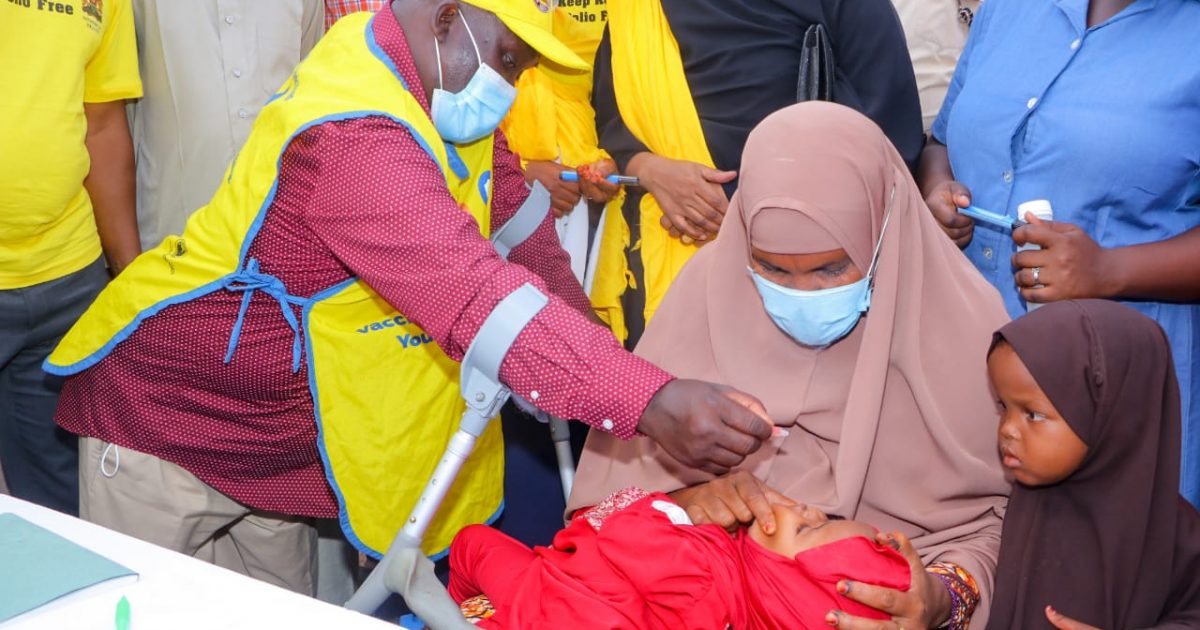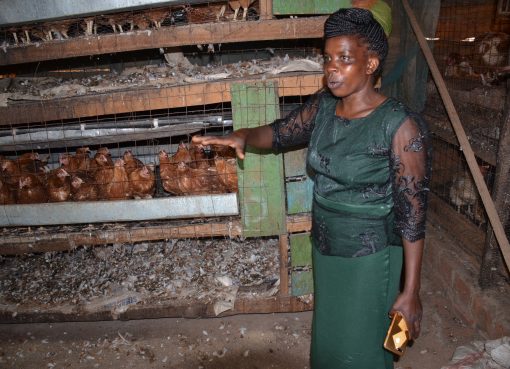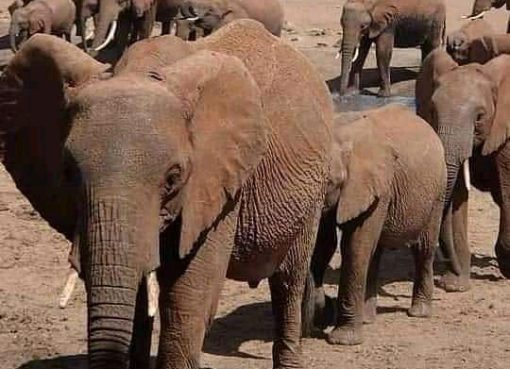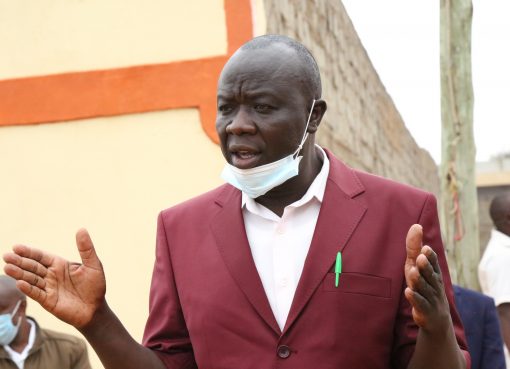The Government has prioritised polio eradication with the inclusion of the activity in Cabinet Secretary’s (CS) Performance Contract.
Ag. Director, Directorate of Public Health, Brigadier Dr. Francis Kuria, said that the country has investigated all reported polio outbreaks in good time and mounted emergency campaigns.
Speaking, during the commemoration of the World Polio Day at Arboretum Gardens in Nairobi, Dr. Kuria said that they have enhanced polio preparedness and response activities with plans to introduce Novel Oral Polio vaccine type 2 (nOPV2), for use during outbreak response.
“The Ministry has stepped-up routine immunization activities and last year the country achieved Oral Polio Vaccine 3 (OPV3), coverage of 85 percent,” Dr. Kuria said.
He said that this demonstrates that the country is on a positive course to polio eradication, insisting the government will not relax until 100 percent coverage is achieved and every child is protected since every child counts.
“Through our surveillance system, the country has isolated six circulating vaccine derived polio viruses type this year from both the AFP and Environmental Surveillance systems. Three of the isolates were from healthy children arriving in Daadab Refugee Camp from Somalia and another three from environment (two from Mombasa and one from Garissa). All the viruses have been linked to viruses detected in Somalia,” said Dr. Kuria.
He highlighted that it was clear that the country is at high risk of polio importation and transmission and hence the need for extra vigilance. To respond to the outbreak, the Ministry successfully implemented two rounds of polio campaigns in 13 high risk counties in May and July 2021.
“To rapidly and sustainably stop outbreaks of circulating polio in the region in future, a modified vaccine, known as Novel Oral Polio Vaccine type 2 (nOPV2), is being deployed under World Health Organisation (WHO) guidance and Kenya has been certified to use nOPV2, which is a great milestone, and I appreciate my Ministry staff along with colleagues from WHO and UNICEF for a job well done in ensuring that we met the threshold, as of the requirements needed for a c-country to be certified to use the new vaccine,” Dr Kuria explained.
Dr. Kuria said, the ongoing Covid-19 pandemic has significantly disrupted routine immunization services and surveillance activities, threatening the achievements in the eradication of polio and elimination of preventable diseases.
“To address this danger, the Ministry developed interim guidance on continuity of essential health and immunization services, during the Covid-19 pandemic, which stresses the importance of uninterrupted immunization services through delivery of Covid-19 safe routine services and campaigns,” Dr. Kuria said.
He added that these efforts mitigated significant declines in immunization coverage.
“However, an estimated 30,000 children did not receive all the scheduled vaccines due to the pandemic. Our 2020 administrative data shows a four percentage point decline in coverage compared to similar period in 2019. This decline exposes many children to risk of vaccine preventable diseases, especially measles, rubella and polio. Not reaching the children with other vaccines, also exposes them to risks of severe diarrhea, pneumonia and cervical cancer,” he said.
Dr. Kuria said that the Ministry with support from partners, is currently implementing Periodic Intensification of Routine Immunization (PIRI), which aims to increase the uptake of all vaccines and population immunity.
He pointed out that vaccines will be offered over a 100-day period (November-January 2022) through Rapid Results Initiative in all vaccinating health facilities.
“The plan is to reach all children who missed their routine doses within 100 days in order to raise routine immunization coverage. The Ministry aims to achieve this by offering services in fixed immunizing health facilities and outreaches in providing vaccination services,” he said.
By Joseph Ng’ang’a





